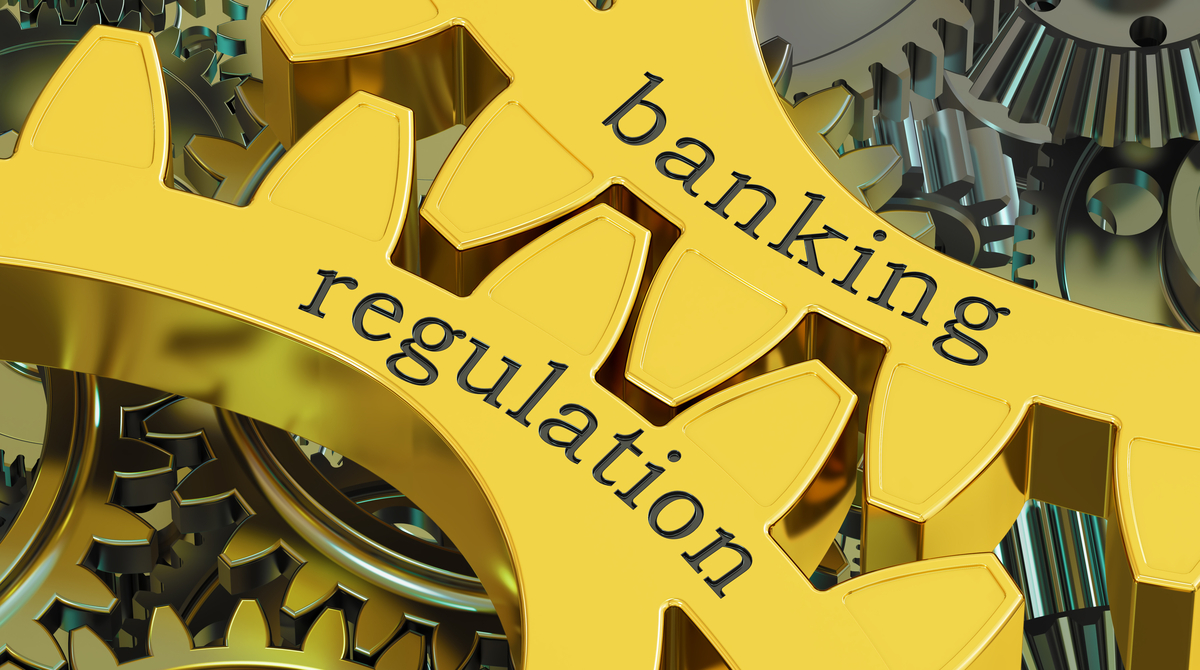Crypto-asset Assessment: Basel Committee
The Basel Committee is assessing banks' exposure to cryptoassets, considering eligibility criteria for 'Group 1' stablecoins and permissionless blockchains. Any revisions to standards, aimed at governing these novel financial instruments, will be open for public consultation.

Basel Committee Advances Work on Cryptoassets and Strengthening Supervisory Effectiveness
The Basel Committee on Banking Supervision convened recently to deliberate on a range of policy and regulatory efforts, market changes, and threats to the global banking system. The committee recognized the role that banks' governance structures and risk management procedures play in preserving their operational and financial resilience. Members also underlined how crucial it is for supervisors to take prompt, decisive action in order to spot and fix flaws in bank procedures. The members of Basel III have reaffirmed their commitment to fully and consistently implementing all components of the framework, which has helped shield the real economy and global banking system from a more severe crisis. In addition, the committee is focusing on improving interest rate risk in the banking book, liquidity risk management, and supervisory effectiveness. They are also evaluating how banks' exposure to cryptoassets should be handled prudentially, including how permissionless blockchains should be handled and what qualifies as "Group 1" stablecoins. Public comment will be required before any proposed changes to the current standard are made.
Safeguarding Banking and Adapting to Crypto-assets
Risks to the global banking system and market changes are being aggressively addressed by the Basel Committee on Banking Supervision. They are concentrating on improving governance structures, supervisory efficacy, and risk management procedures.
The committee is notably evaluating how banks' exposure to cryptoassets, such as permissionless blockchains and stablecoins, is handled. Public consultation will be required before any changes to the current standard can be made, guaranteeing openness and participation from stakeholders.
The future of banking is affected by these acts. Banks should expect measures to improve oversight, track increasing interest rates, credit risk characteristics, and liquidity risk control. In their risk management frameworks, they must also take changing trends like digitalization and financial risks associated with climate change into account.
With the increasing integration of cryptoassets into the financial system, institutions around the world will be greatly impacted by how these assets are treated. Future legal frameworks will be shaped by standards for permissionless blockchains and stablecoins. To maintain compliance and help create regulations that work, banks should improve their risk management procedures, keep up with Basel Committee principles, and actively engage in public engagements.
It is unclear when possible changes would occur and how they would affect banks. Banks should keep an eye on Basel Committee changes in order to modify their compliance strategies and preserve financial stability in a quickly changing environment. Working together will be essential for managing these changes and maintaining the stability of the banking industry between regulators, banks, and stakeholders.
Read More

Grand is live 🎈, check out our GPT4 powered GRC Platform
Reduce your
compliance risks

